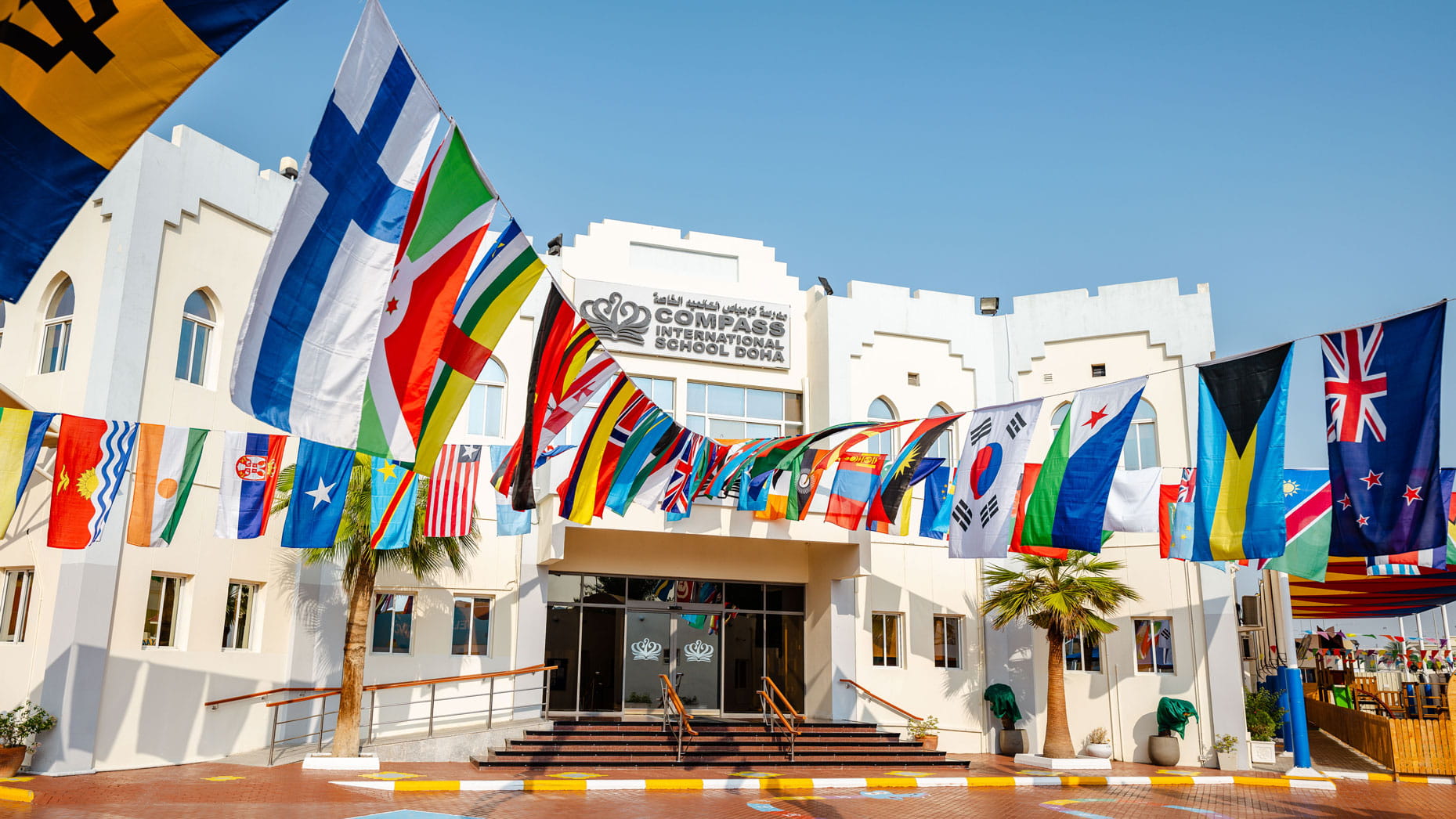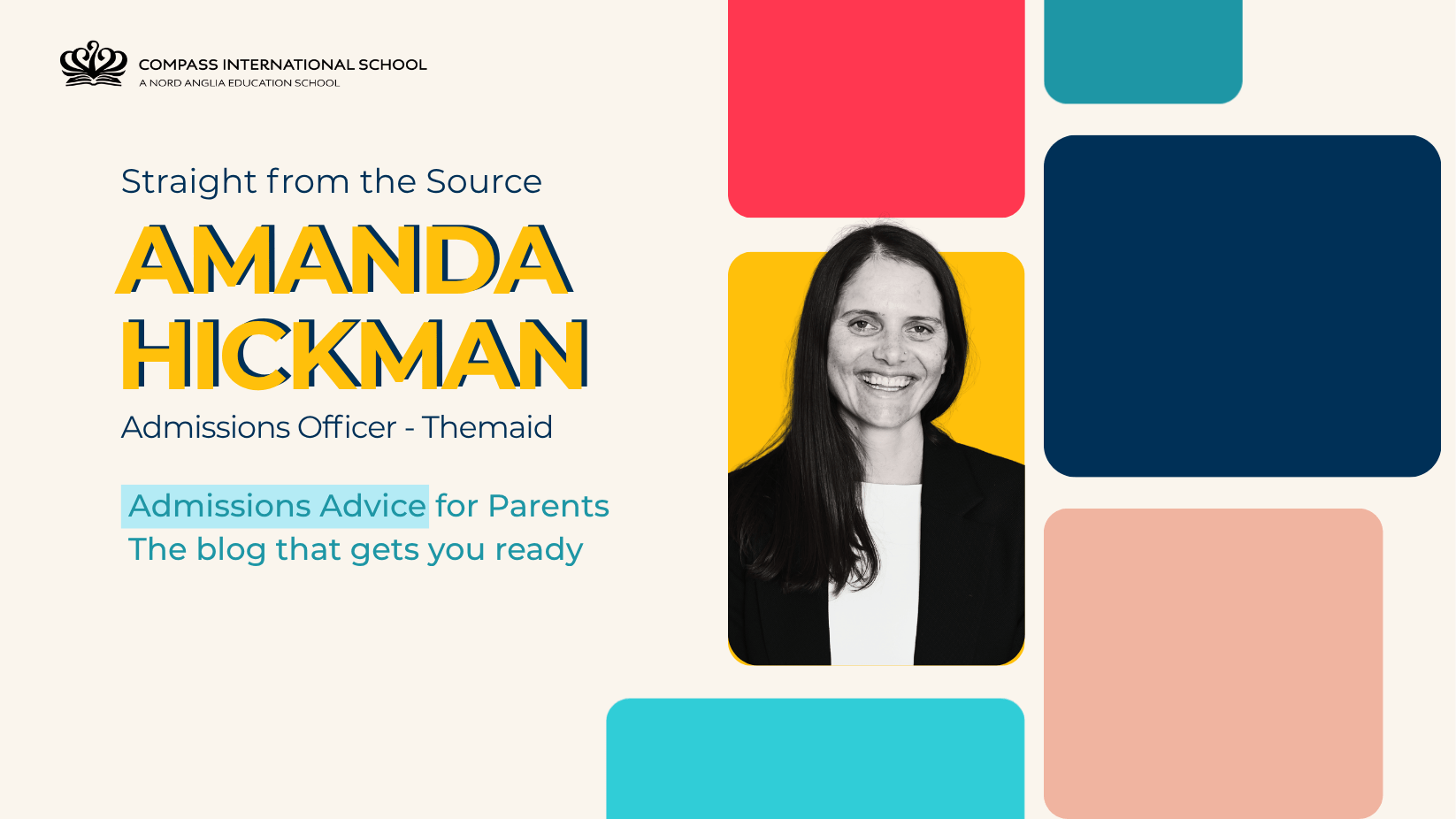The Power of a Quality Education How much is education worth to you? Investing in your child’s future comes with a price tag. There is no doubt that the best educational experiences do not come on the cheap. It is worth remembering that while a quality education may be expensive, a bad one can cost so much more.
How much is education worth to you? Investing in your child’s future comes with a price tag. There is no doubt that the best educational experiences do not come on the cheap. It is worth remembering that while a quality education may be expensive, a bad one can cost so much more. Are you prepared to cut costs and damage your child’s opportunities for the future? So why do quality schools cost so much more?
There are a number of factors influencing cost including the curriculum programmes on offer, the quality of the teaching and support teams, the resources available for learning as well as the opportunities to engage in after school activities and expeditions. If you want the best curriculum and the best teachers delivering it, then you simply cannot cut corners. Some schools can open doors to future educational pathways via their partnerships and connections, they may help to inspire students with a vision of their future whilst also giving them daily exposure to such institutions in the ‘typical’ school day. That is why Compass International School Doha has collaborations with outstanding institutions such as The Juilliard School (the world’s leading Performing Arts college) and the Massachusetts Institute of Technology (the number one university in the world).
There are many arguments about the type of curriculum that suits your child and there are many from which you can choose including the American Programme, the British programmes, as well as the international curricula. International schools who stick to just one curriculum style might be the best fit for your child; however, if we want to educate children for the future, then perhaps we should be looking at how each school embeds globalisation and international mindedness into their offer.
In a recent study funded by HSBC Bank [1], parents and students who valued their education felt that critical thinking and problem solving skills should be a real focus to prepare young people for the demands of the modern world. Whilst parents also felt that STEM (science, technology, engineering and maths) was an area on which to focus, their students wanted more attention to developing social skills. It is interesting to note that developing all of these aspects can come through a properly balanced curriculum that encompasses all areas including the Arts (music, drama, dance, art) because the way that these subjects operate require children to be reflective, critical thinkers, problem solvers and learn to work socially with their peers. The International Primary Curriculum through its set of Personal Goals and the International Baccalaureate Diploma Programme through the IB Pupil Profile are great examples of curriculum programmes that encompass these aspects and more.
Parents and students want their schools to equip young people with the skills and attributes fit for the 21st or even the 22nd Century. Schools are sometimes criticised for failing to prepare children for the changes that are fast taking place in our society. Business leaders want schools to teach entrepreneurship or the practical skills in engineering or computing. Others want schools to be the solution to all the social issues in the world. Choosing the school based on cost is a mistake because the value that the right school for your child with the right mindset, a broad-minded vision and an internationally recognised curriculum is the first step in making the right choice.
For decades, good, quality schools have been doing all of this and have produced the innovators, entrepreneurs, inventors, socially active, caring people we see in our world today. Good schools have provided the education that business leaders, community workers, industry and commerce are seeking. Schools do not teach skills for jobs – they teach children how to develop the skills, knowledge and understanding to prepare them to take their place in the world of their tomorrows. A good school will give them confidence to make their own life choices – for better or worse. A less effective school will close doors to a wide range of different possibilities and block avenues stopping children entering into their dreams because they do not have the level of investment needed to enhance the power of a solid education, led by effective and inspirational teachers with the resources and learning opportunities that go far beyond the confines of a traditional classroom. The most influential aspects of a school aren’t the parts you can see but the ethos within a school that is nurturing and raising the students. So, when you are choosing a school for your unique child, do not look at the price tag but look to the opportunities on the horizon of your child’s step into their future.
Dr Terry Creissen OBE MA MBA FCIM FRSA
Terry is Executive Principal at Compass International School, Doha, a Nord Anglia Education School. These schools in Doha run special seminars for parents to explain their philosophy of “Be Ambitious” and provide practical advice on how to bring out the best in the partnership between school and home. To find out more about their leading edge programmes, contact the school by email: learning@nais.qa
[1]HSBC, The Value of Education, an independent consumer research study into global education trends.








